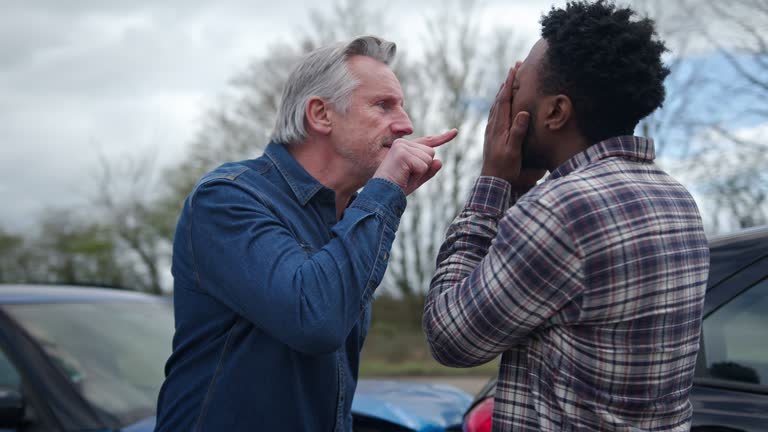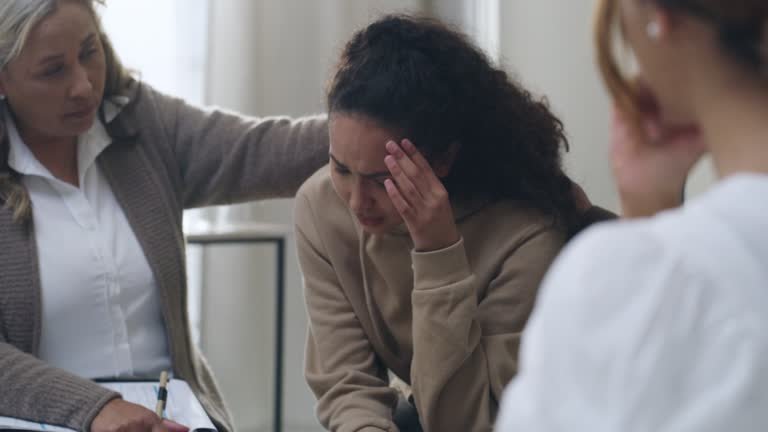
- calendar_month July 26, 2024
- folder Community Engagement
Sharing Tags
Abuse Awareness, Emotional Abuse, Healthy Relationships, JohnHart, JohnHart Real Estate, Mental Health, Nathan Derry, Nathan Derry JohnHart, Nathan Derry Realty, Nathan Derry Recommends, Nathan Derry, JohnHart Real Estate, Physical Abuse, Safety Tips, Support For Victims, Toxic Relationships

Hello, I'm Nathan Derry with JohnHart Real Estate. Today, I want to discuss an important issue that affects many people: toxic relationships. It's a common misconception that those who remain in toxic relationships do so because they are not smart or lack awareness. The truth is much more complex, and understanding it is crucial for supporting friends or loved ones who might be in such situations.
Why People Stay in Toxic Relationships
-
Emotional Attachment: People often form deep emotional bonds with their partners, making it difficult to leave despite the relationship's toxicity. This attachment can stem from love, shared experiences, or dependency.
-
Fear of Change: Leaving a toxic relationship often involves significant life changes, such as moving out, financial instability, or losing mutual friends. The fear of these changes can keep people in unhealthy relationships.
-
Low Self-Esteem: Abusers often erode their victim's self-esteem, making them feel unworthy of better treatment or incapable of finding a healthier relationship.
-
Hope for Change: Many people believe their partner will change over time and that the toxic behavior is just temporary. This hope can prolong their stay in the relationship.
-
Isolation: Abusers may isolate their victims from friends and family, making it harder for them to seek help or recognize the need to leave.
-
Cultural or Societal Pressure: Some cultures or societies place a high value on maintaining relationships and discourage separation, regardless of the relationship's health.
Recognizing Signs of Abuse
Abuse can manifest in various forms, including physical, verbal, emotional, and psychological. Recognizing these signs can help you support a friend in need.
- Physical Abuse: Unexplained bruises, injuries, or frequent "accidents."
- Verbal Abuse: Insults, threats, or derogatory comments.
- Emotional/Psychological Abuse: Manipulation, gaslighting, isolation from loved ones, or controlling behavior.
How to Help a Friend in a Toxic Relationship

-
Be Supportive and Non-Judgmental: Offer a listening ear without judgment. Let them know you're there for them, no matter what.
-
Encourage Professional Help: Suggest they seek help from a therapist, counselor, or support group. Professional guidance can be crucial for navigating such situations.
-
Educate Yourself: Understand the dynamics of abuse to better support your friend. Knowledge about the cycle of abuse and the challenges victims face can help you provide informed support.
-
Create a Safety Plan: Help them develop a plan for leaving the relationship safely. This can include identifying a safe place to stay, having a go-bag ready, and memorizing important phone numbers.
-
Respect Their Decisions: Leaving a toxic relationship is a deeply personal decision. Respect their choices and continue to offer your support, even if they decide to stay.
-
Watch for Red Flags: Signs that a friend might be hiding abuse include sudden changes in behavior, isolation, unexplained injuries, or making excuses for their partner's behavior.
Staying Safe

If you or someone you know is in an abusive relationship, it's important to prioritize safety. Here are some tips:
- Stay Connected: Maintain regular contact with friends and family, even if it's through discrete methods.
- Have an Emergency Plan: Know where to go and whom to contact in case of an emergency.
- Keep Evidence: Document any instances of abuse, which can be useful if legal action is necessary.
- Avoid Confrontation: When discussing leaving with an abuser, avoid confrontational settings. It's often safer to leave when the abuser is not present.
It's crucial to understand that not all abuse is physical, and not all abusers are male adults. Abuse can come in many forms and from different sources. By recognizing the signs and offering compassionate support, we can help our friends and loved ones find the strength to leave toxic relationships.
If you or someone you know needs help, please reach out to local resources or hotlines dedicated to supporting victims of abuse. Let's work together to create a safer, more supportive community.
All the best,
Nathan Derry, Realtor
JohnHart Real Estate

📍JohnHart Real Estate
📞(424) 303-0440
📧 nathan@jhagents.com
👨🏽💻 itsnathanderry.com
Interested in seeing a property or one of my off market properties in person? Contact me today! Who you hire matters!!!
Ready to make the best move of your life… let’s chat today!
